Question And Answer
Publications
Articles, publications, books, tools and multimedia features from the U.S. Institute of Peace provide the latest news, analysis, research findings, practitioner guides and reports, all related to the conflict zones and issues that are at the center of the Institute’s work to prevent and reduce violent conflict.
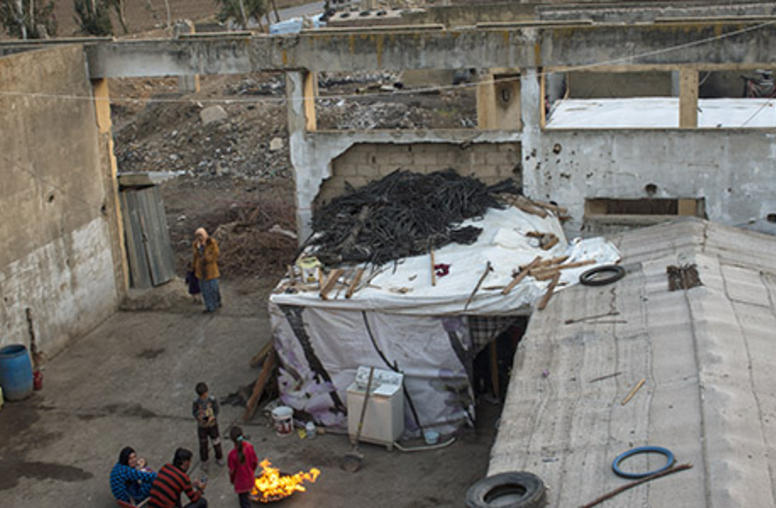
Q&A: Can Lebanon’s New President Defuse Major Crises?
The Lebanese Parliament’s selection this week of General Michel Aoun as president ends 2 ½ years of a leadership vacuum that mired decision-making on fundamental economic, social and political crises facing Lebanon. The Parliament had been unable to elect a new president since May 2014, even as it faced emergencies such as the influx of more than 1 million refugees from the war in neighboring Syria. USIP Middle East and North Africa Director Elie Abouaoun examines the potential effect of the ...
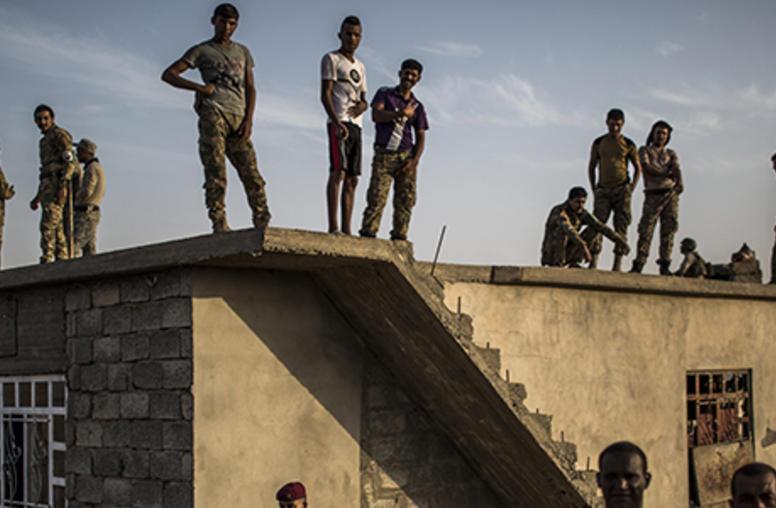
Mosul After ISIS: No Clear Plan for Peace
Two weeks into Iraq’s offensive to recapture Mosul from ISIS militants, the government and its fractious allies have not agreed on how to stabilize and govern the disputed region in the aftermath. The threat of new rounds of conflict, even after a recovery of Mosul from ISIS, is highlighted by the weekend’s surprise advance by Shia Muslim militias, which make up one of at least four main rival forces in the assault. The militia units announced that their fighters had begun a drive on the cont...
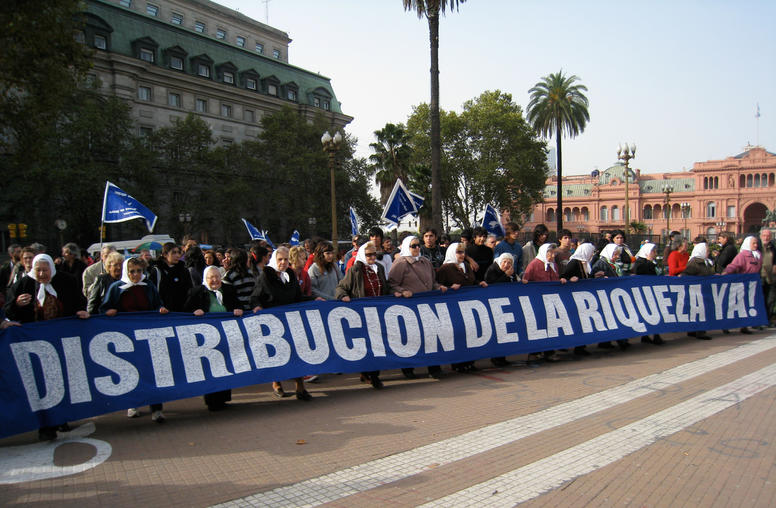
How Women Drive Nonviolent Movements for Change
In 2004, when Iraqi political and religious leaders tried to roll back a longstanding law asserting broad rights for women, thousands of Iraqi women mobilized to defend it and to enshrine their rights in the constitution. They marched, wrote protest letters and lobbied the U.S.-led coalition then ruling the country. Carla Koppell, then with the Institute for Inclusive Security, suggested to political analysts evaluating Iraq’s spreading insurgencies that the women’s campaign was a type of activism that U.S. policy should support. But the analysts were dismissive, Koppell recalled in a discussion last week at the U.S. Institute of Peace. “They said, ‘Oh, that’s just women who haven’t taken up arms yet,’” Koppell said. “Yeah. That’s kind of the point, isn’t it? And women were the majority of the country.”
Iraq: Recapturing Mosul is Only the Beginning
Iraqi government troops and allied Kurdish forces opened their assault on the city of Mosul before dawn today, fighting to recapture Iraq’s second-largest city from guerrillas of the Islamic State (ISIS). While a military defeat of the extremist group is expected, that will not bring stability or an end to extremist violence in Iraq unless it is followed by a broad reconciliation among deeply divided communal groups, according to Iraq specialists at USIP.
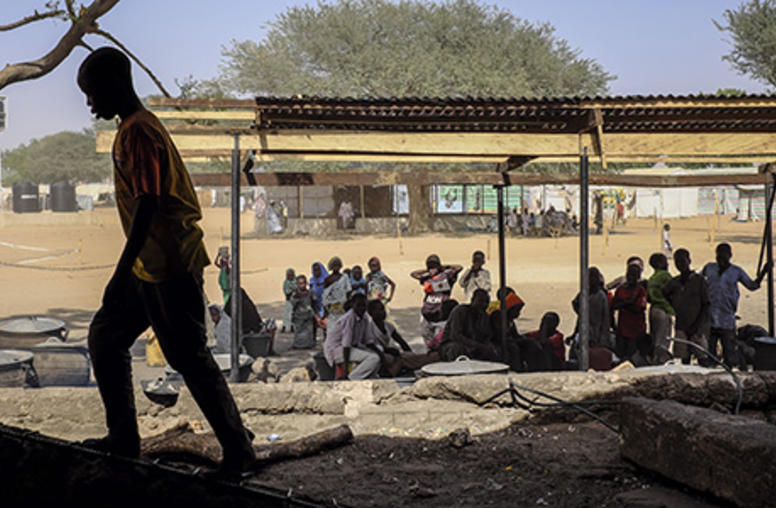
Nigerian Governors Set to Discuss Paths to Progress
The urgent challenges for Nigeria’s powerful northern state governors range from addressing a humanitarian crisis sparked by Boko Haram’s insurgency to boosting economic growth with alternatives such as agriculture to make up for declining oil revenue, Johnnie Carson, a senior advisor at the U.S. Institute of Peace, said ahead of a governors’ symposium to be held at the Institute next week.
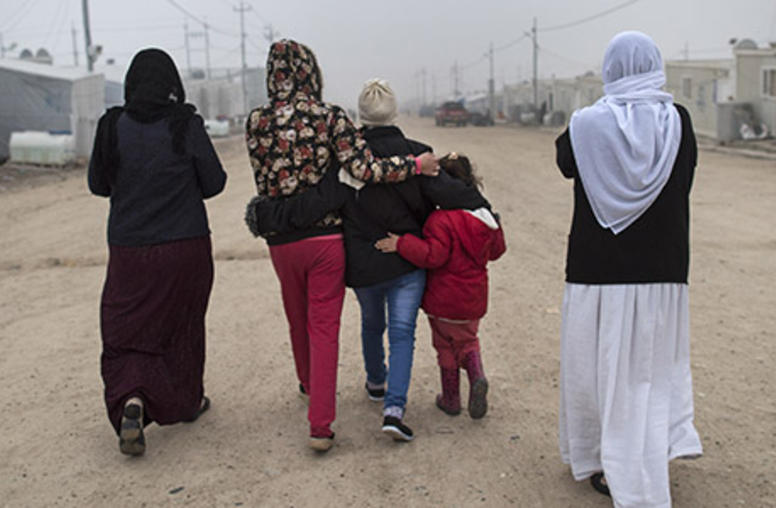
ISIS Makes Sex Slavery Key Tactic of Terrorism
The sexual violence committed against women and girls by the Islamic State of Iraq and Syria (ISIS) can only begin to be addressed with a multipronged response from the global to the local level, said Zainab Hawa Bangura, the United Nations’ point person on the issue. Speaking at the U.S. Institute of Peace, Bangura cited work ranging from promotion of U.N. resolutions to talks with religious leaders to suggest how the brutal, systematic sexual slavery imposed by the extremist group might be ...
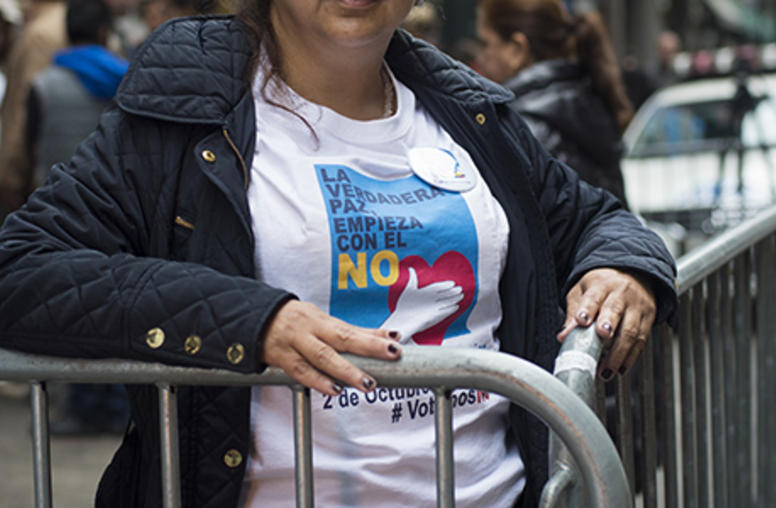
Q&A: Colombians Narrowly Reject Peace Deal
Colombian voters yesterday defied projections by pollsters and rejected a peace accord that their government had negotiated during four years of talks with the Revolutionary Armed Forces of Colombia (FARC-EP). The agreement was intended to end more than a half century of violent conflict that has left well over 220,000 dead and close to 8 million victims, including more than 6 million people forcibly displaced. USIP’s Senior Advisor for Peace Processes Virginia M. Bouvier explains why voters ...
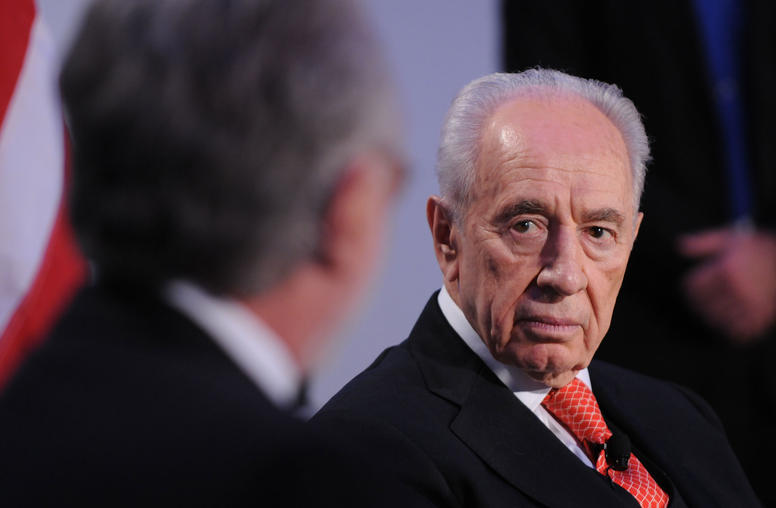
Peres, in Pursuit of Peace, Advanced Power of the People
Shimon Peres served twice as Prime Minister of Israel and most recently as President. He was awarded the Nobel Peace Prize in 1994, along with Yitzhak Rabin and Yasser Arafat, for securing the Oslo peace accords, and he never stopped believing in the agreement’s principals and main contours for a two-state solution.
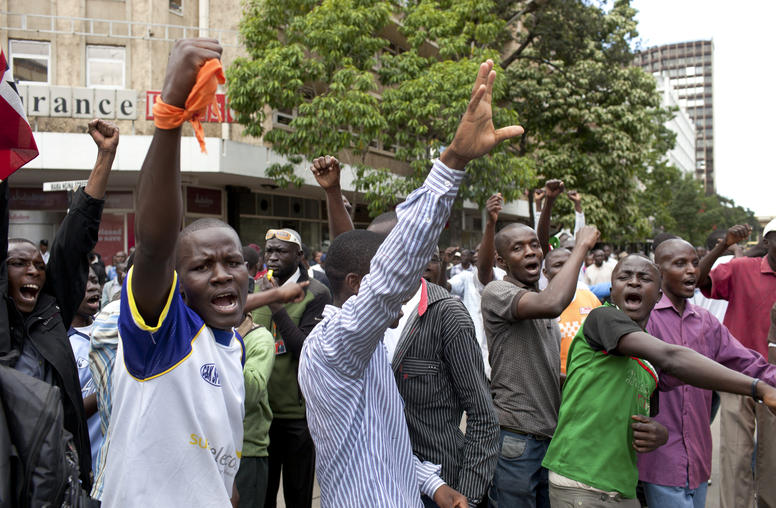
Tension Rising Ahead of Kenya, Liberia 2017 Elections
With elections coming up next year in Liberia and Kenya, the time for early and sustained efforts to prevent clashes is now. Forthcoming USIP research shows that domestic institutions hold the key: election commissions, the police and, above all, political leaders. Any international support to those institutions and leaders must now move from plans to action in order to achieve any desired impact amid rising tensions.
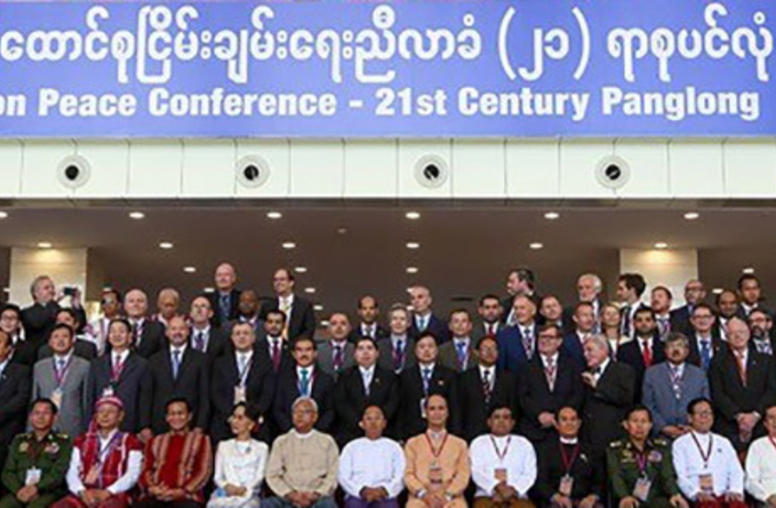
Q&A: Myanmar’s Peace Process, Suu Kyi Style
Four days of talks last week restarted Myanmar’s peace process almost a year after a Nationwide Ceasefire Agreement was signed by some but not all of the country’s armed groups. The process, known as the 21st Century Panglong Conference, or Union Peace Conference, is intended to convene every six months and aims to end the decades-long conflicts between and among the Myanmar army and an array of rebel groups. Vanessa Johanson, the Myanmar country director for the U.S. Institute of Peace, exam...